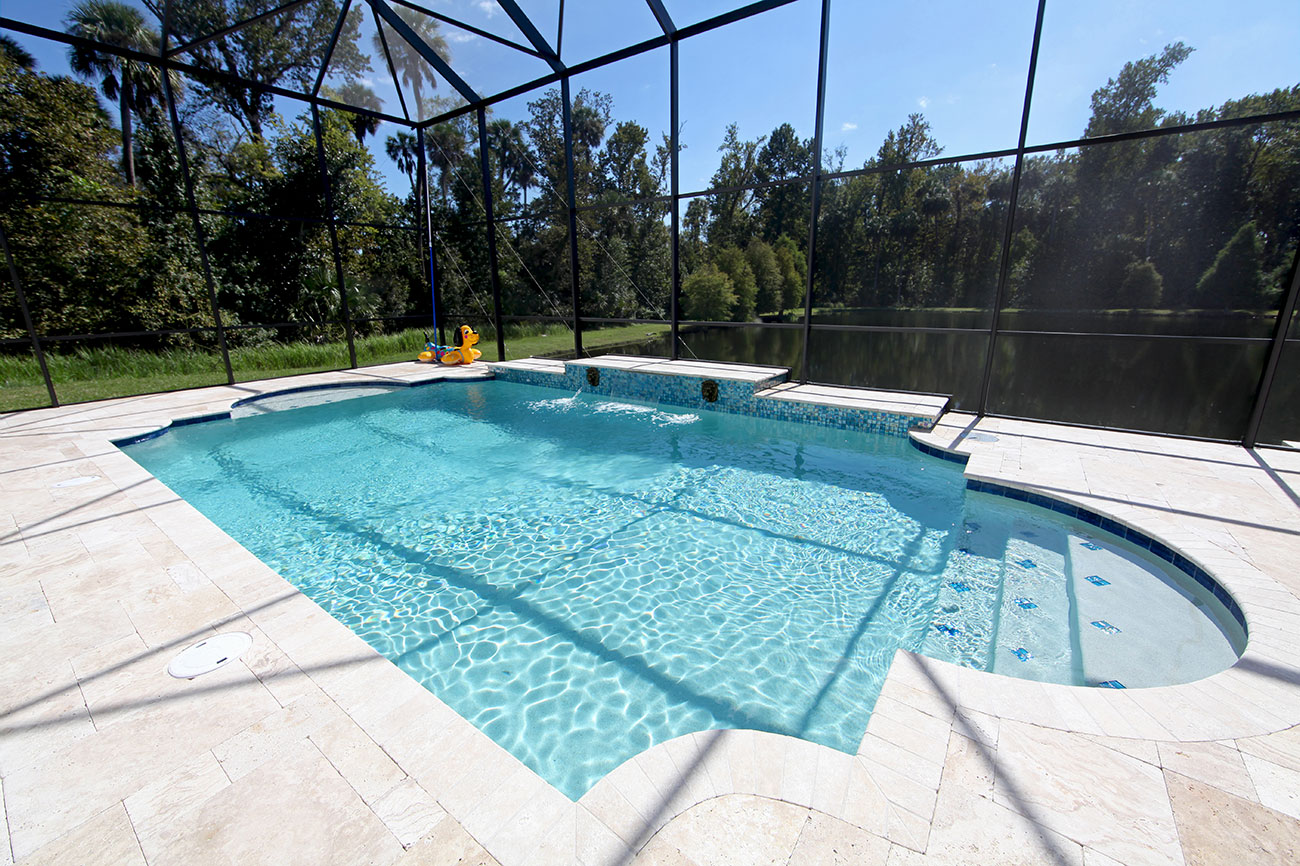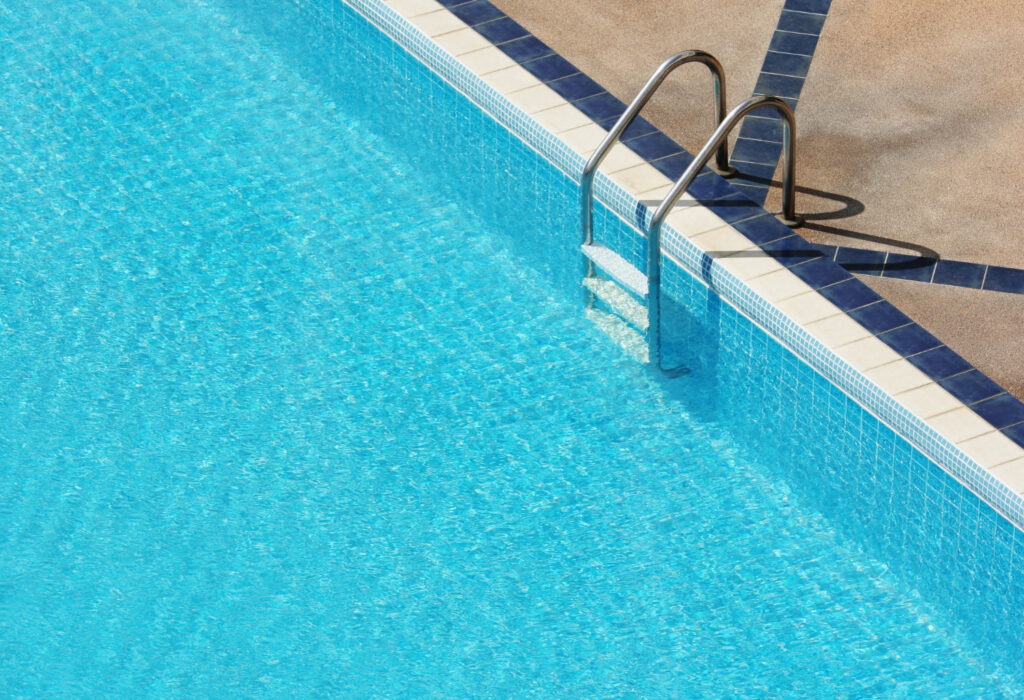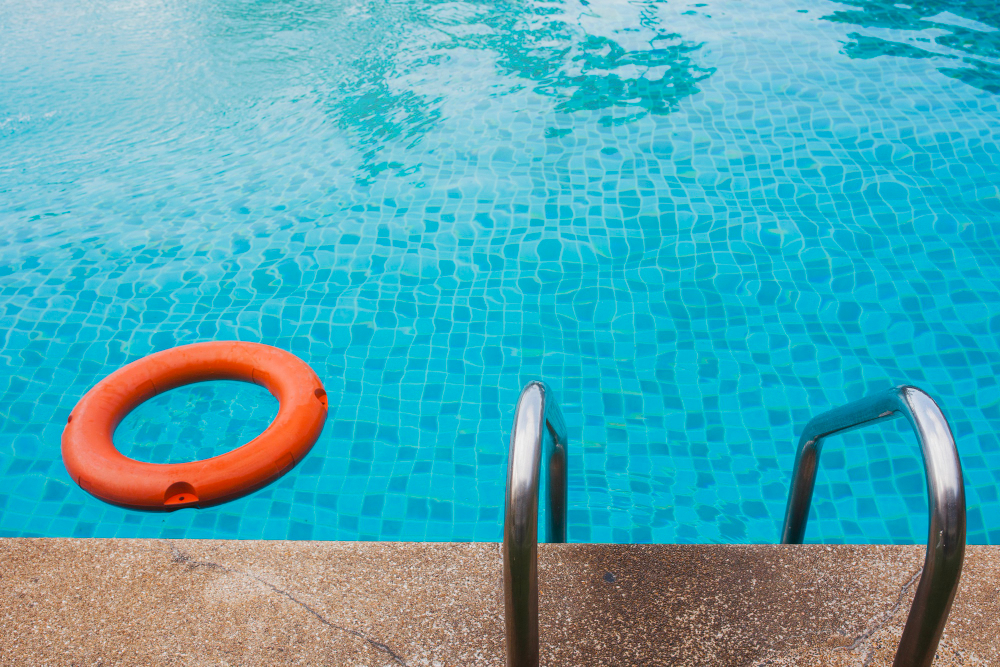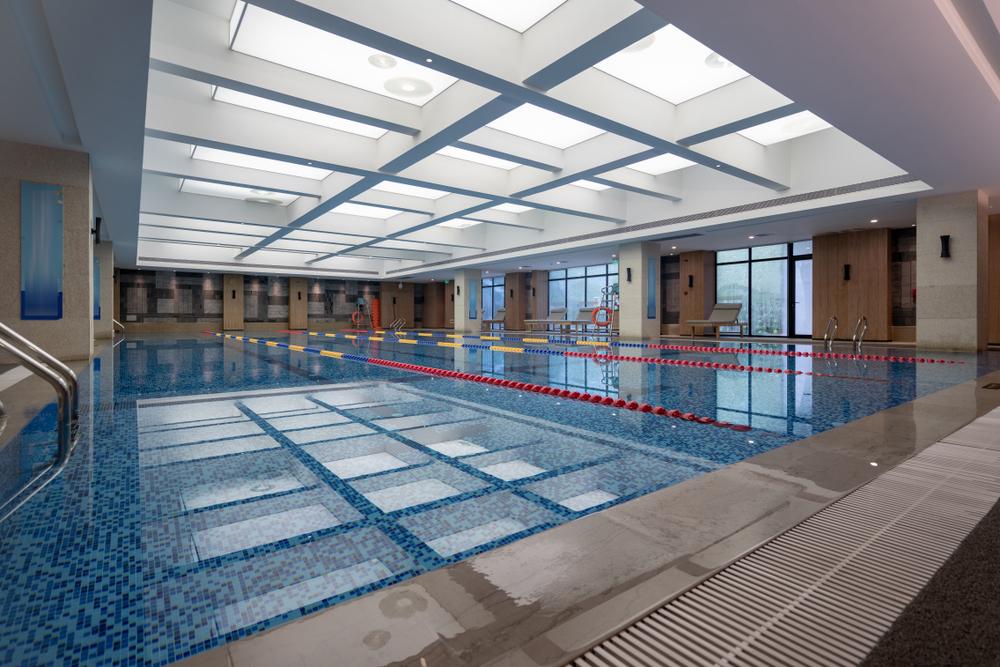Pool Maintenance 101: Understanding pH, Chlorine and and Water Balance

Having a pool at home feels amazing, but it comes with a lot of responsibilities. Your pool may look clean on the surface, but its water chemistry might be off. By understanding pH, chlorine, and water balance, you can keep your pool clean, hygienic, and enjoyable all season long. Let’s learn more about pool maintenance.
Why Pool Chemistry Matters
Pool water that is not properly balanced can be unsafe. Even if it looks clean, bacteria, algae, and other harmful microorganisms may be thriving in it, especially if the chlorine levels are too low. If the pH is not balanced, swimmers can experience burning eyes, skin itchiness, and discomfort. Your pool equipment may also start to corrode due to a pH imbalance. This is why balanced water is important to keep swimmers healthy and your equipment protected.
The Importance of pH
The pH of your pool plays an important role in water balance. The pH scale ranges from 0 to 14, with 7 being neutral. This scale tells whether the water is acidic or basic. Ideally, swimming pools should have a pH range between 7.2 and 7.6. Water that is too acidic can damage metal fixtures, pool liners, and cause skin irritation. Water that is too basic can reduce chlorine’s efficacy, making the pool more prone to bacteria and algae growth. By maintaining a stable pH, you can ensure that all chemicals work effectively and create a comfortable swimming environment.
Chlorine
Chlorine acts as the pool’s disinfectant by breaking down harmful bacteria and preventing algae growth. Adding the right amount of chlorine to your water helps keep the water safe to swim in. Too little chlorine can quickly turn water into a breeding ground for germs. Too much chlorine can cause swimmers to experience itchy skin, eye redness, and discomfort. If the pool has a strong chlorine odor, it can be due to two reasons. One, because of too much chlorine in the pool and second due to the presence of chloramines. Chloramines form when chlorine reacts with contaminants such as sweat and sunscreen. To deal with chloramines, you can shock the pool by adding more chlorine and restore the balance.
Alkalinity and Water Stability
While pH is the foundation, alkalinity is the stabilizer. Total alkalinity measures the water’s ability to resist changes in pH. When alkalinity levels are in the correct range, the pH level stays more consistent. If the levels are not correct, the pool’s pH fluctuates a lot. If the alkalinity is too high, the water becomes cloudy and causes scaling on pool walls and equipment.
Calcium Hardness
Calcium hardness also plays an essential role in water balance. If the water has too little calcium, it can cause damage to the pool surfaces. With water, pulling calcium from tile, grout, and plaster to balance itself. If the calcium is too much, it can cause scaling and white deposits on pool edges and equipment. Maintaining the right level of calcium helps protect your pool and swimmers.
Tips for Easier Pool Care
To keep your pool balanced, you should test the water regularly. Instead of adjusting chemicals all at once, it is better to adjust them slowly, as this gives water time to stabilize. Handling all these things on your own can be difficult, especially if you don’t have much knowledge about pool maintenance. You can count on Pure Water Pools of Naples for top-notch pool maintenance in Naples, FL. With our experts taking care of your pool maintenance and water chemistry, you can be stress-free. Call us today and keep your pool safe and clear all season long.








